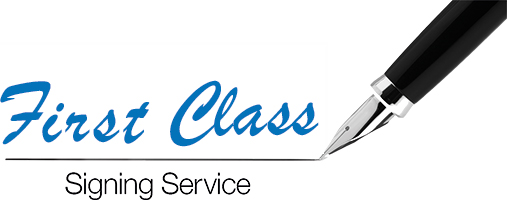In the past, important documents were always signed in person, by hand, using paper and pen. But we now live in a hyperconnected and computer-driven world where we conduct business around the clock and often complete transactions over vast geographical distances.
Unsurprisingly, the traditional handwritten signature doesn’t always fit well within the modern landscape of digital communication and electronic documents. Read on for more information about the evolution of the signature in wet, electronic and digital signatures.
Electronic Signatures vs. Wet Signatures
The rise of the electronic signature gave birth to a new synonym for the traditional signature. To promote easy differentiation, people began using the term “wet signature” to define the physical marks (typically the name of the signee in cursive script or perhaps even a simple “X”) that people use to indicate their identity and consent to the terms on any legal document. Many cultures might replace or accompany these marks with an official seal. In all these cases, the word “wet” refers to the liquid ink or wax that must dry to leave an indelible indication of endorsement on a paper document.
Electronic signing processes replace the wet signature with other ways to acknowledge or agree to the terms of a specific document. Depending on the specific form and purpose of the electronic document you are signing, your electronic signature (or e-signature) may take the form of your typed name, an image of your handwritten wet signature, a specified personal identification number (PIN), or a clickable field such as an “agree” field on an electronic “terms and agreements” contract.
Electronic Signatures vs. Digital Signatures
Few people will confuse a traditional wet signature with any type of e-signature. The difference between electronic signatures and digital signatures, however, is a bit tougher to understand.
In short, it is all about full transparency and security. “Electronic signature” is an umbrella term that encompasses all manner of electronic process to indicate the acceptance of an agreement or the witnessing of a record. Not all e-signatures are digital signatures.
The term “digital signature” delineates a highly secure form of e-signature that uses cryptography and public key infrastructure (PKI) technology to create an identifying digital certificate that binds permanently to the document.
Are Wet Signatures Ever Mandatory?
While e-signing is rapidly becoming the norm, a few documents still require a wet signature to be legally binding. In the United States, these documents might include mortgages, wills, trusts, court orders and promissory notes as well as documents related to adoptions, divorce proceedings, evictions and insurance coverage.
The Convenience and Affordability of Digital Signing
Although wet signatures are still necessary or advisable in certain specific instances, the evolution of digital technology is rapidly making them a thing of the past. In terms of convenience and affordability, you simply cannot beat the benefits that electronic and digital signing have to offer.
If you have a document to sign, you can hire a mobile notary to authenticate any signature. For more information about electronic document preparation and notarized signing, contact a representative of First Class Signing Service.
In addition, First Class Signing also provides remote online notarization (RON), eRecording, and mobile notary for personal or business needs. Our legal document preparation services include legal doc prep for individual and family needs such as prenuptial agreements, child custody and divorce, promissory notes and deed of debt, estate planning, civil litigation, adoption, articles of incorporation, contracts and lease agreements, and much more.
Need a Signing Today?
First Class Signing Service’s home office is in Livermore, California, but we pride ourselves on delivering all-in signing solutions to clients nationwide, covering all 50 states and four U.S. territories.
What sets us apart is our exceptional team of 50,000-plus highly qualified signing agents who are dedicated to providing reliable and efficient signing services with utmost care and professionalism.





